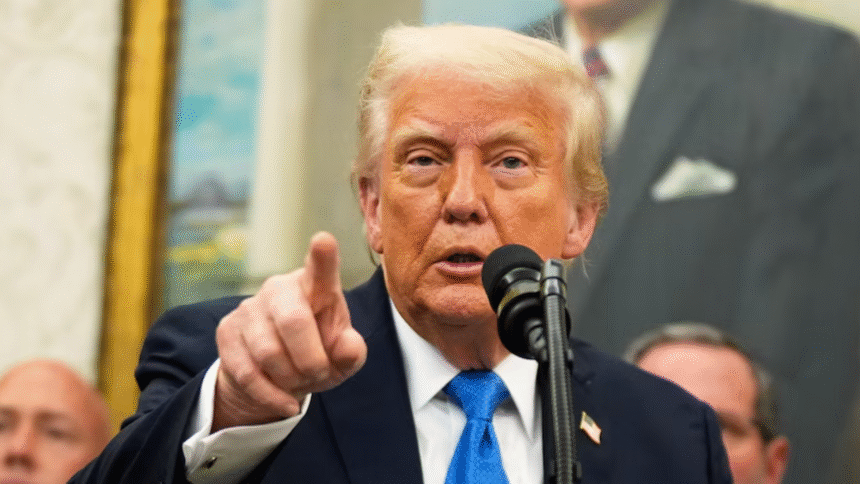A U.S. court has blocked the implementation of President Donald Trump’s “Liberation Day” tariffs, ruling that he exceeded his legal authority.
What Did the Court Say?
The U.S. Court of International Trade, based in Manhattan, ruled that under the U.S. Constitution, Congress holds exclusive authority to regulate foreign trade—authority that cannot be overridden by the president, even during a national emergency.
“The court does not judge the wisdom or potential effectiveness of tariffs,” the three-judge panel wrote. “This use of tariffs is unlawful not because it is unreasonable, but because the law does not permit it.”
What’s at Stake?
The ruling came in response to two lawsuits:
- One filed by the Liberty Justice Center on behalf of five small U.S. importers;
- Another brought by 13 U.S. states, led by Oregon Attorney General Dan Rayfield.
The plaintiffs argued that the tariffs would harm businesses and the economy.
“This decision reaffirms that laws matter and that trade decisions cannot be made on a president’s whim,” said Rayfield in a statement.
What Were the Tariffs?
Earlier in April, Trump declared the U.S. trade deficit a national emergency, using the International Emergency Economic Powers Act (IEEPA) to impose a 10% general tariff on all imports, with even higher rates on goods from countries with large trade surpluses with the U.S.—especially China.
He is the first U.S. president to use IEEPA to impose tariffs instead of traditional sanctions.
Many country-specific tariffs were suspended one week later, but Trump continued to threaten a 50% tariff on all EU goods, though he later extended negotiations until July 9.
What’s Next?
The Trump administration says it will appeal the decision, while at least five other lawsuits challenging the tariffs remain pending in U.S. courts.







